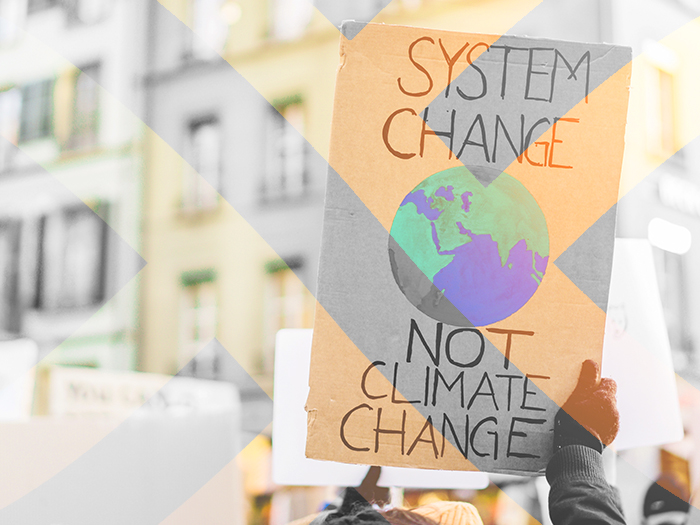News
better business decisions
Posted 3 months ago | 3 minute read

What to expect at COP30?
It has been a decade the Paris Agreement was negotiated and signed by almost 200 member states at the 21st Conference of the Parties (COP21) in Paris. At COP21, Parties committed to financial, technical and capacity building goals to limit global average temperature rise to well below 2C (preferably to 1.5C) compared to pre-industrial levels.
This year’s UN Climate Change Conference will be held from Monday 10 November to Friday 21 November 2025 in Belém, Brazil (COP30). COP30 will be a test of how and when Parties will implement sector-wide changes to decarbonise the economy. In this article we look at the agenda for the meetings and what we could expect to occur.
Vision for COP30
Ahead of the conference, Ambassador André Corrêa do Lago, COP30 President-Designate, released his ninth open letter to the international community, urging governments, institutions, and global stakeholders to respond to the climate crisis with determined action and shared purpose.
Drawing from the reports, including the Global Tipping Points Report, UNEP’s Emissions Gap and Adaptation Gap Reports, and the UNFCCC NDC Synthesis, the letter acknowledges the scale of challenges ahead and the tools to respond as the global community gathers in Belém. “The challenge ahead is not only to identify what is missing but to mobilize what can move – to turn deficits in ambition, finance and technology into forces of acceleration” writes Ambassador Corrêa do Lago.
The letter also reiterates the three interconnected priorities that guide the Brazilian Presidency’s vision for COP30:
- reinforcing multilateralism and the climate regime under the UNFCCC
- connecting the climate regime to people’s real lives and the real economy
- accelerating the implementation of the Paris Agreement
Areas of focus
Negotiations at COP30 are expected to build on the outcomes of COP29 held in Baku with the aim of reaching consensus, or at least commitments, on outstanding issues for global climate policy:
- climate finance: how to scale up climate finance with the aim of mobilising at least $1.3T per year by 2035 to supplement the New Collective Quantified Goal on Climate Finance (NCQG) agreed in Baku
- carbon markets: sunsetting the Clean Development Mechanism (CDM) and endorsing methodologies and standards to enable the operation of Article 6 international carbon markets
- mitigation: delivering on mitigation ambition under the Mitigation Work Programme (MWP), particularly considering revised Nationally Determined Contributions (NDCs) and taking into account the findings of the Global Stocktake (GST)
- adaptation: finalising the list of indicators that can be used to measure progress towards the Global Goal on Adaptation (GGA)
- transparency: enhancing the transparency of reporting frameworks put in place under the Paris Agreement having regard to the recently submitted Biennial Transparency Reports (BTR)






